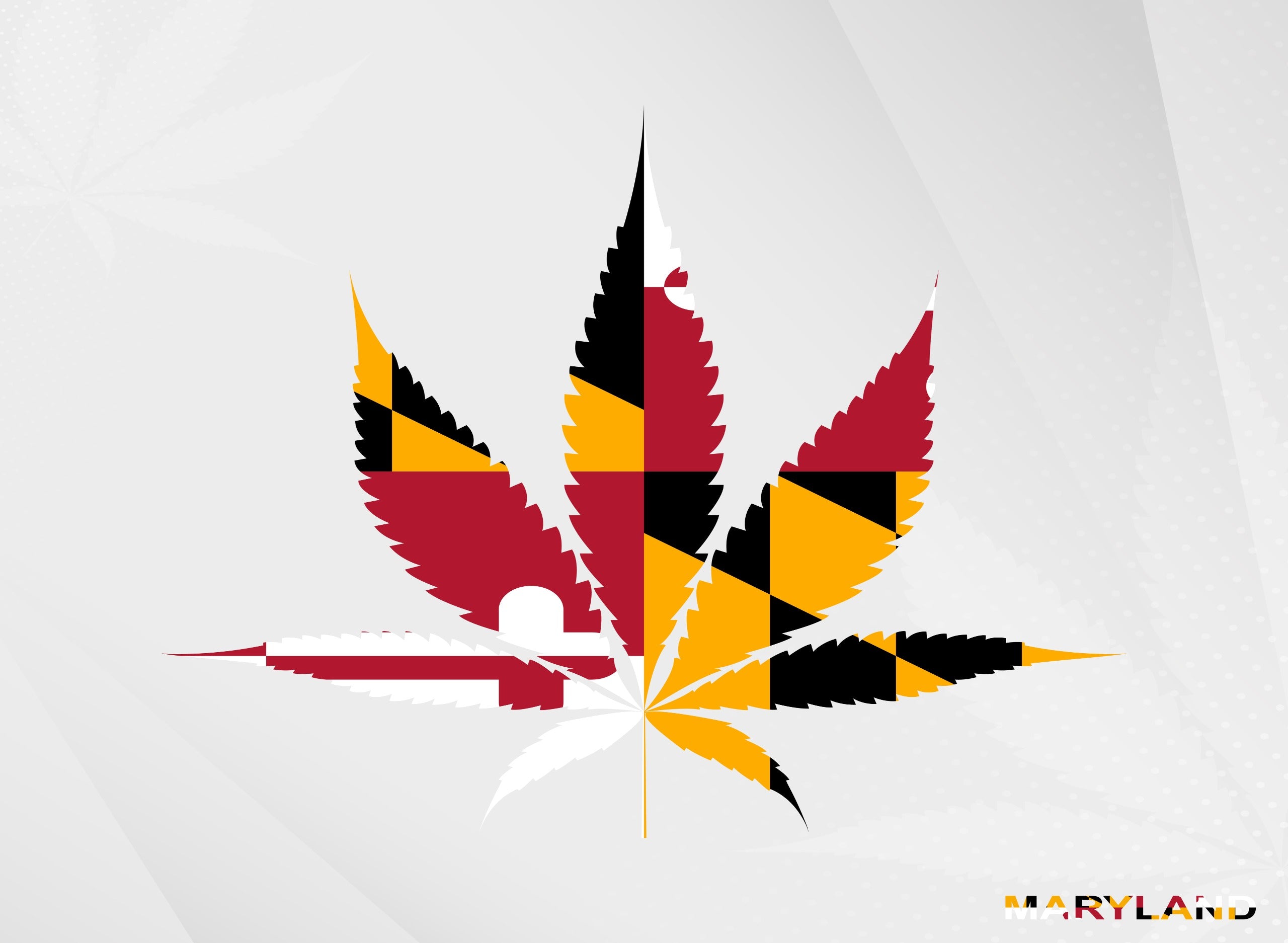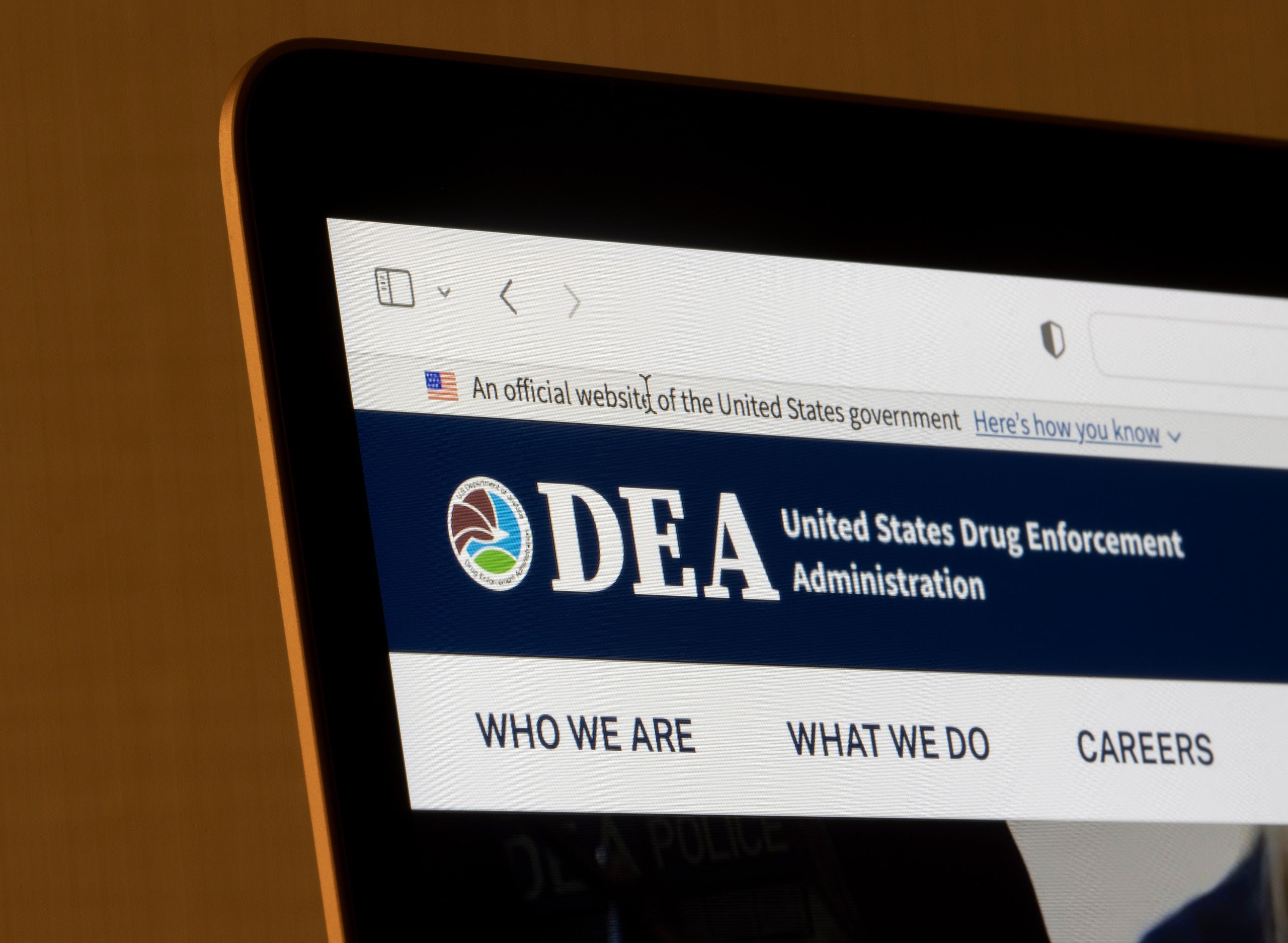The coming year of 2024 is looking like a year full of new starts and new regulations, especially as far as California employees are concerned.
California will aim to eliminate discrimination by altering how employers approach their workers’ consumption of cannabis outside of the workplace.
Considering, California led the way in cannabis legalization by allowing it for medical use in 2016 and later for recreational use back in 2018. Moreover, the fact that 24 states and Washington, D.C., have legalized recreational marijuana it is no shock that safeguarding employee rights regarding cannabis use is a hot topic.
Governor Gavin Newsom has signed two bills in recent years with the objective of modernizing the state’s cannabis industry and bringing laws up to date.
One of these bills, Assembly Bill 2188 was signed back in 2022. It will prevent employers from utilizing the outcomes of hair or urine tests for marijuana in their employment decisions.
The problem? Well, these tests may detect cannabis traces over extended periods but do not provide evidence of intoxication automatically. In short, the Assembly Bill seeks to ensure that such information is not used to hire, fire, or penalize workers under employment.
Governor Newsom has highlighted the persistent challenges posed by rigid bureaucracy and federal prohibition to the industry and consumers.
Furthermore, Senate Bill 700, supplements AB 2188 by amending the state’s Fair Employment and Housing Act. This amendment explicitly prohibits employers from inquiring about job applicants’ previous cannabis use, further safeguarding individuals from discrimination based on their cannabis history.
Sponsored by the nonprofit organization California NORML, AB 2188 addresses issues related to cannabis consumer rights.
For example, the organization argues that traditional hair or urine tests for marijuana fail to accurately measure impairment.
Basically, using these metabolite tests to ensure job safety is not effective and is not enough to keep the workplace safe.
It should also be noted that AB 2188 doesn’t prohibit employers from using alternative tests for impairment, such as blood tests.
The AB 2188 introduces exceptions for workers in construction and building trades, as well as those in roles requiring federal background checks. The National Federation of Independent Business points out that new laws are causing challenges for small businesses in California.
Even though the California Chamber of Commerce initially opposed the bill, calling it a “job killer,” it was later revised due to concerns about potential employer liabilities for disciplinary actions.
Furthermore, SB 700 also addresses employers’ rights to inquire about an applicant’s criminal history, stipulating that employers cannot discriminate based on past cannabis use related to criminal history unless otherwise permitted by law.
In the evolving landscape of cannabis legislation in California, it is clear that 2024 will mark as a pivotal year for employee rights and fair practices.
As the state continues to lead in cannabis legalization, Governor Gavin Newsom’s proactive approach has resulted in the signing of crucial bills like Assembly Bill 2188 and Senate Bill 700.
California continues to take bold steps to safeguard employee rights in the realm of cannabis use and thankfully, these legislative changes reflect a commitment to fairness and progress in the workplace.














Leave a comment
All comments are moderated before being published.
This site is protected by reCAPTCHA and the Google Privacy Policy and Terms of Service apply.